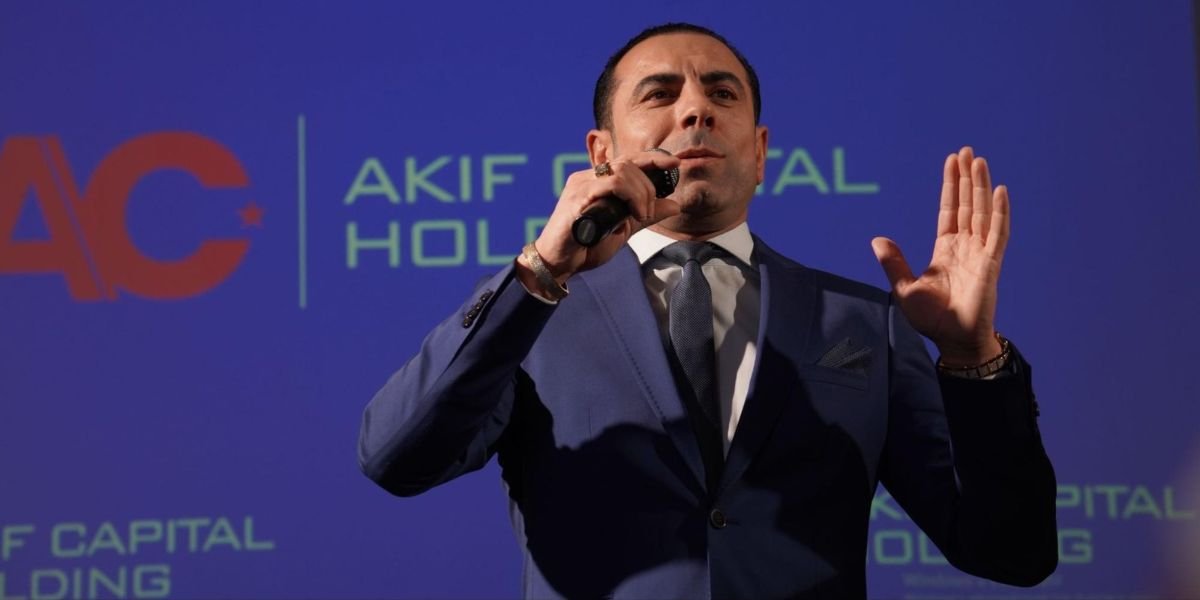Image commercially licensed from: Unsplash
Voyager Space, a trailblazing company in the NewSpace sector, stands at the precipice of the new era of commercial space exploration. The current goals of space travel revolve around ideas of sustainability and resilience. Contractors are developing reusable rockets, miniature submersible robots, and 3D printers that can repurpose the resources found in space. Space travel is looking at the Moon, Mars, and even beyond. According to Voyager Space CEO and Chairman Dylan Taylor, “It takes a planet to explore the universe.” With a focus on globalization, sustainability, and equity in space, Voyager is revolutionizing the path forward.
As the current space infrastructure ages, Voyager provides tools to support the growing industry. Starlab will serve as a continuously manned commercial space station available to global space programs but driven by American industrialization. Central to scientific ventures in space, Starlab will engender industrial activity and ensure ease of access globally to LEO. Voyager also has outposts at multiple levels of the atmosphere. These uncrewed satellites serve as refueling stations and promise further personalization as they advance. The future of outposts includes robotics, human activity, and satellite servicing. As space travel advances, Voyager Space looks to launch aspirations smoothly beyond Earth.
The Bishop airlock is the first permanent commercial addition to the International Space Station. It serves as a symbol of what commercial space tools can accomplish. Government space is only capable of so much on its own. It can move 5x the capacity of government airlocks. The future of airlocks promises ease in maintenance, equipment transfer, and trash deployment.
Voyager’s launch services allow a variety of customers to reach space for a variety of reasons. They are dedicated to using cutting-edge space technology to help solve society’s most pressing environmental and social vulnerabilities while ensuring our future in space reflects humanity’s values of diversity, equity, and inclusivity. Voyager can help launch satellites, research stations, microgravity testing, and mobile fueling systems, among others. Voyager wants to ensure that your venture into space is fully tested, encouraging the commercialization of space.
Space is already vital to our life on Earth, a point often expressed by Dylan Taylor. Satellites are vital to communication between many bodies on Earth, governments, corporations, and individuals. Individuals use their phones. Satellites view things at a scale from above that nothing else matches, providing data on military movements and geography. Secure, high-speed wireless communication is one of the necessities of further space exploration as well. Most of Voyager’s investments have a two-fold approach. The advancements made in space double back and improve human lives on Earth. Dylan Taylor also looks forward to consumer items produced in space with fewer impurities caused by gravity that are then sent back to Earth to be sold. “There are items that have far superior quality when manufactured in space, but need to be returned to Earth to be purchased and used by customers,” says Taylor. Space will become a frontier for higher-quality goods.
The future of space is hope. Scientists have managed to grow plants in lunar soil. While the plants were weak and differed from the healthy plants of their typical soil, the information from the study will pay it forward. What will space travel and a lack of gravity do to the human brain? How much better are space-made goods than ones made on Earth? As Voyager’s missions prevail, these questions and more are on the path to being answered. The more efficiently these questions are interrogated with Voyager’s help, the deeper humanity can reach into space and create a more profound sense of self and knowledge of the universe, science and questions about life we may have never thought possible to answer.












